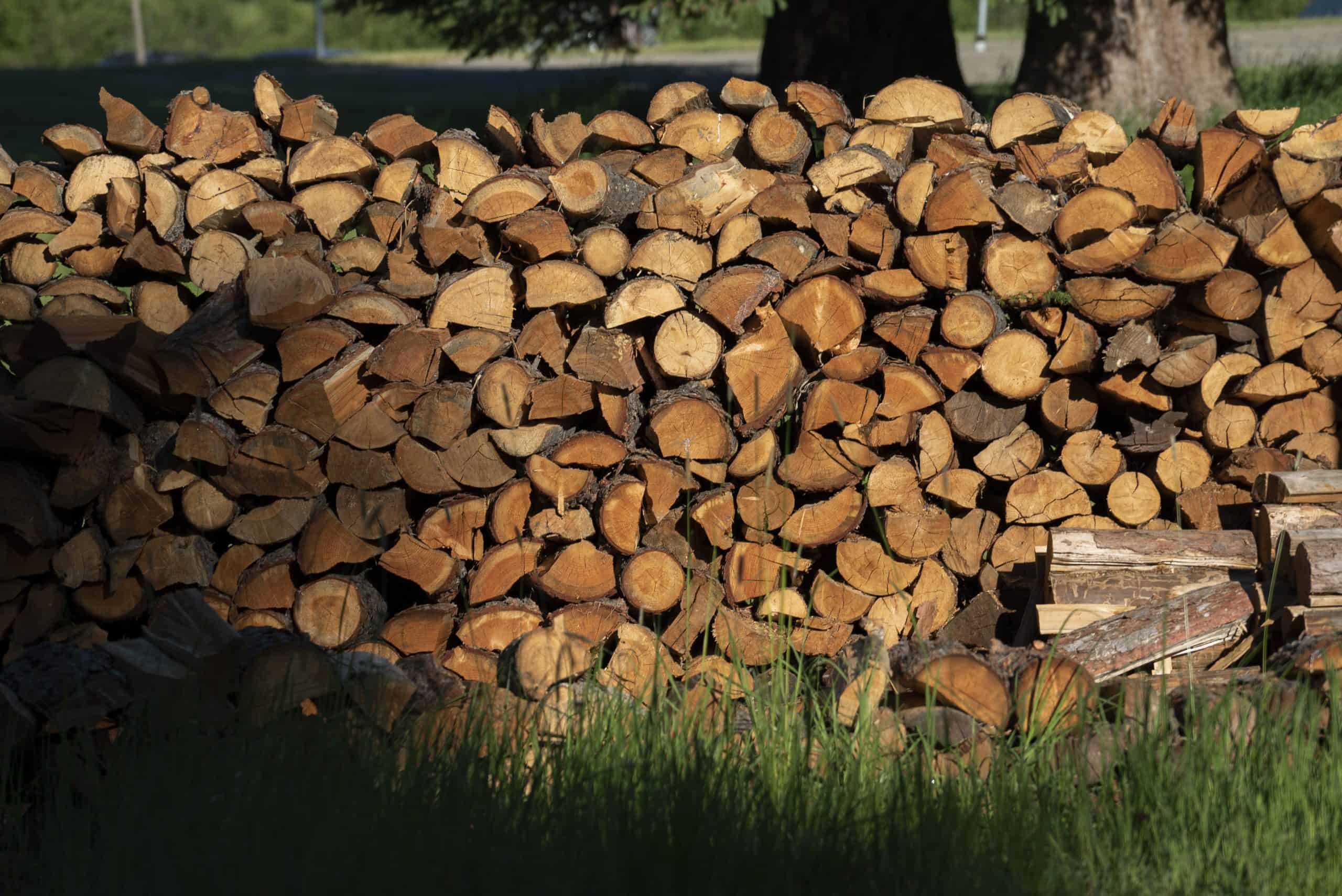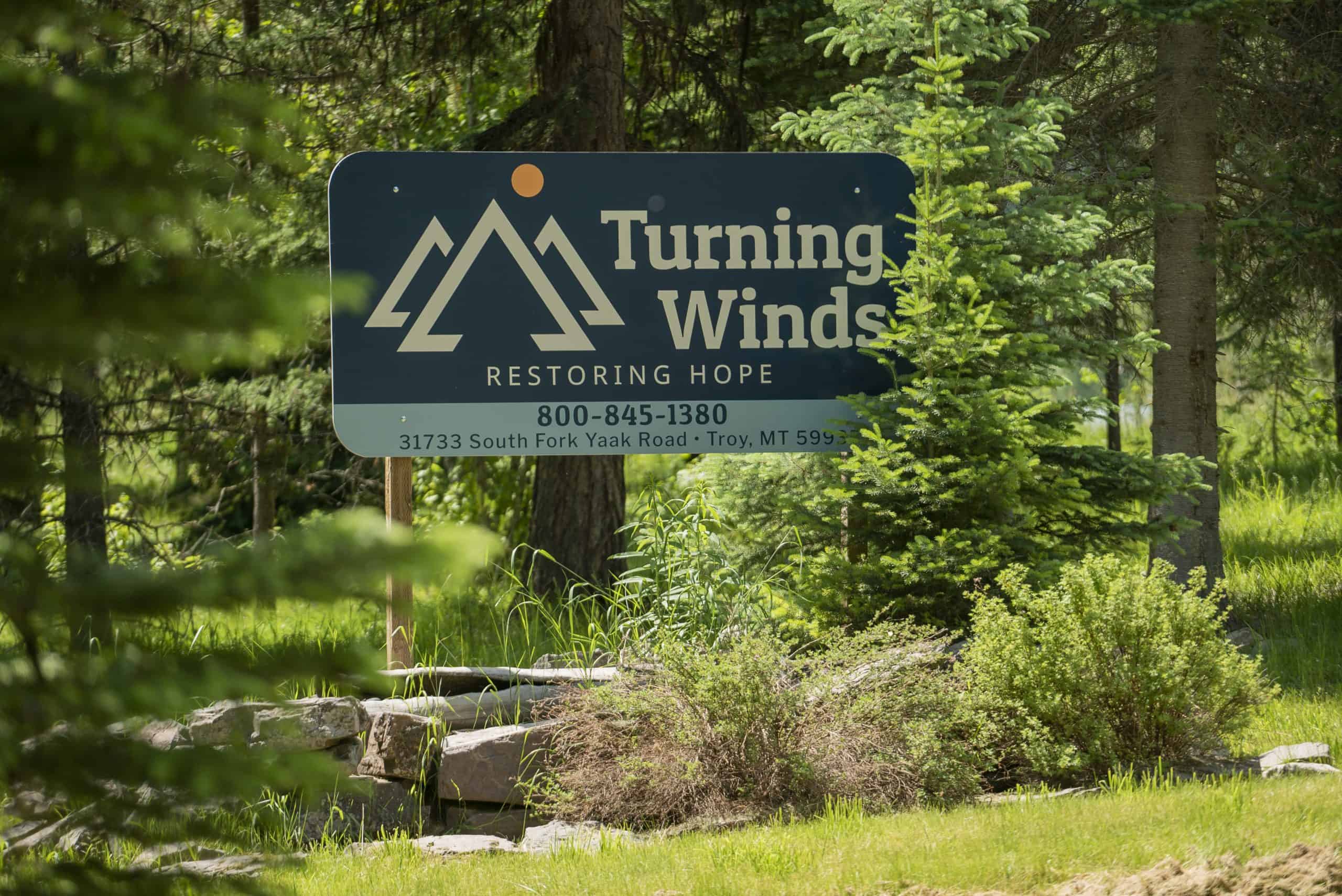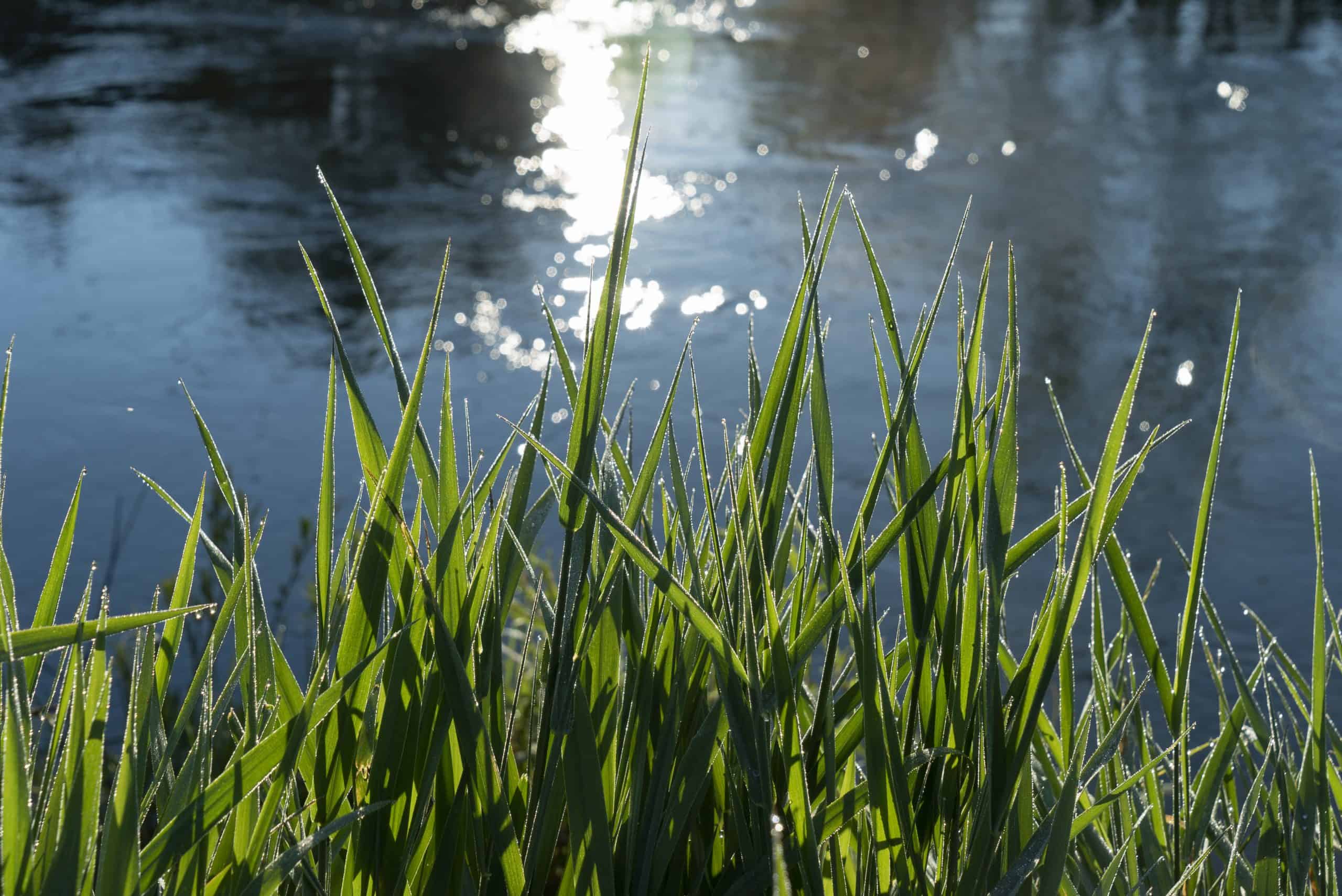Group Homes In Dunwoody, GA
Turning Winds is a leading residential treatment center specializing in a variety of therapeutic intervention strategies (CBT, DBT, behavioral therapy) and life skills development and experiential education for adolescents from Dunwoody, GA who may be undergoing problems such as food addiction (overeating, binge eating), drug abuse/addiction (including marijuana), and/or bullying (or














